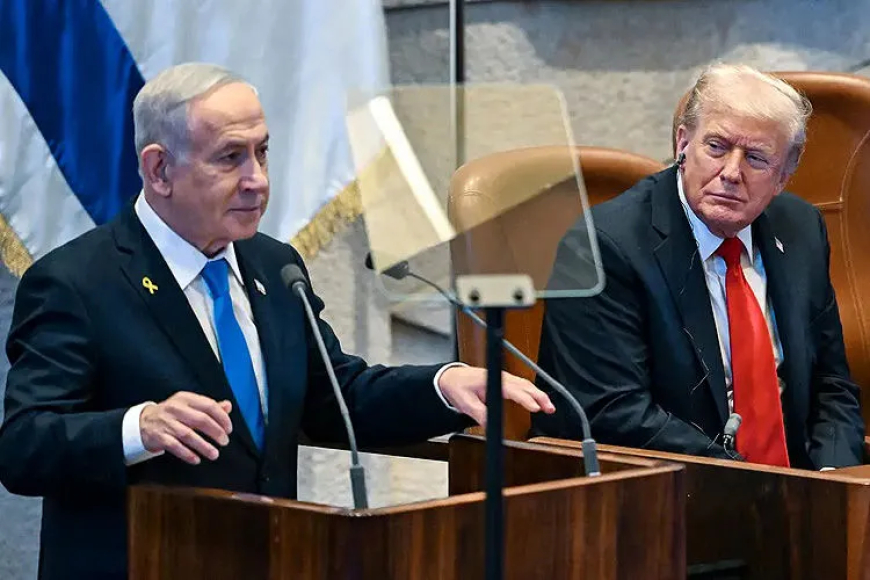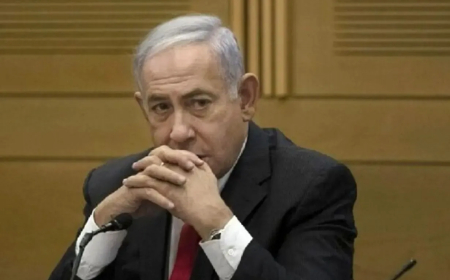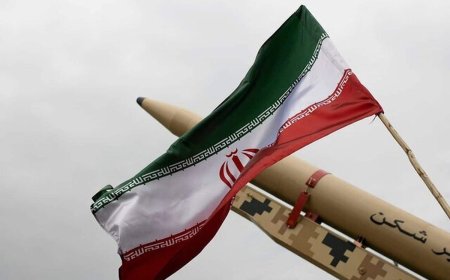The End of Trump’s Unconditional Support for Israel
After years of unconditional support for Benjamin Netanyahu, U.S. President Donald Trump has started showing signs of frustration and stricter oversight toward Israel. Pressures on Tel Aviv to maintain a Gaza ceasefire, rejection of West Bank annexation plans, and criticism of “out-of-control” Israeli actions mark the beginning of a new, tense phase in the two allies’ relations.

Recent developments in U.S.-Israel relations suggest that Donald Trump, after years of unwavering support for Benjamin Netanyahu, is now seeking to rein in Tel Aviv’s actions. Last week, senior Trump administration officials visited Jerusalem to ensure Israel’s compliance with the Gaza ceasefire, attracting significant attention in Israeli media, which even nicknamed the prime minister “Bibi Sitting.”
According to David M. Halbfinger in The New York Times, Trump’s first term included unprecedented political gifts to Netanyahu, such as recognizing Jerusalem as Israel’s capital and affirming Israeli sovereignty over the Golan Heights. Early in his current term, Trump also gave tacit backing to right-wing Israeli plans for Gaza expansion. But now, the tide has turned.
Ronen Hazan, a political science professor at Hebrew University of Jerusalem, said, “In Israel, the phrase used to be that Trump works for us. That’s no longer the case.”
In recent weeks, Trump has openly expressed disappointment with Netanyahu. Following Israel’s failed airstrike on Hamas negotiators in Qatar, he reportedly became furious and instructed aides to keep Israel in check. Jared Kushner, Trump’s son-in-law, told 60 Minutes: “He felt the Israelis were somewhat out of control and that it was time to be very strong and stop them from doing certain things.”
Trump has also pushed Netanyahu to accept a Gaza peace plan. Speaking to Axios, he said: “He has no choice; he must come to terms with this. With me, you have to be good.”
In another interview with Time magazine, Trump rejected any plan to annex parts of the West Bank, warning, “If that happens, Israel will lose all U.S. support.”
Despite these pressures, reports from Al Jazeera indicate that Israeli attacks in the region have not ceased. Lebanon, Syria, and the West Bank have all experienced ongoing Israeli strikes, which analysts interpret as attempts by Tel Aviv to destabilize its neighbors.
In recent weeks, Israeli soldiers and settlers repeatedly targeted Palestinian olive farmers. Syrian media report daily violations, including reconnaissance flights, ground incursions, detentions, and checkpoints. Southern Lebanon has also faced continuous bombings.
These events suggest that while Trump seeks to control his longtime ally, Israel has not fully aligned with Washington’s policies. U.S.-Israel relations have now entered a tense phase that could reshape the future of Middle Eastern geopolitics.



















